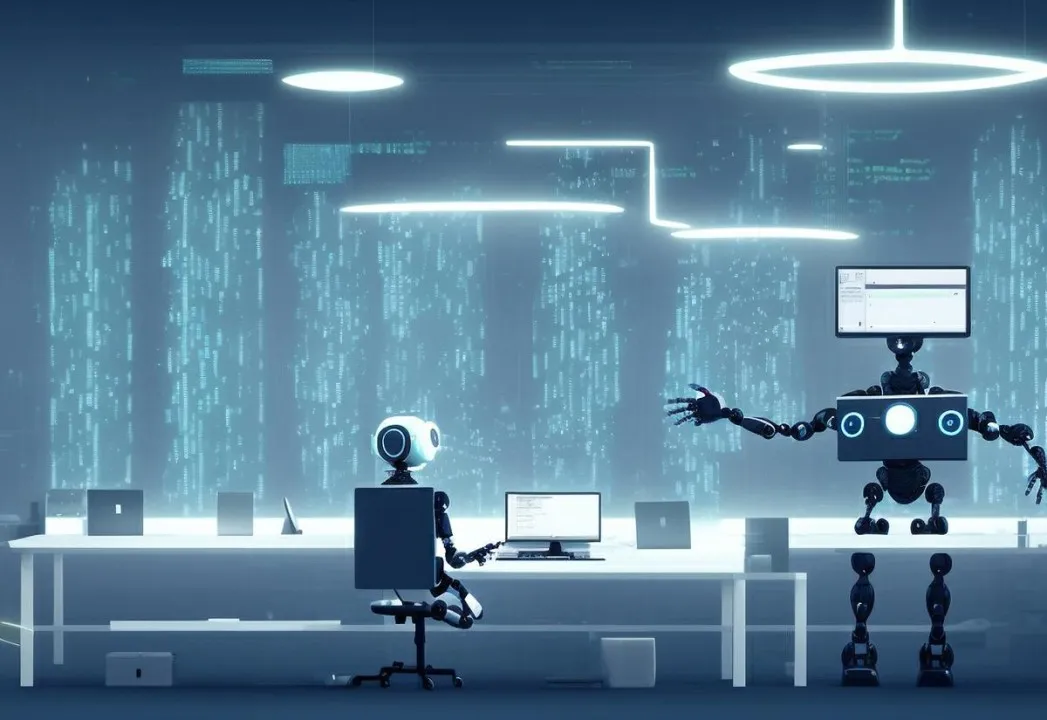In the ever-evolving landscape of the modern workforce, the buzzwords “automation” and “artificial intelligence” (AI) have become commonplace. They’re no longer futuristic concepts but a current reality that’s reshaping the job market and the way we work.
In this blog post, we’ll explore the impact of automation and AI on careers, discuss strategies for adaptation, and provide insights into how individuals can thrive in this changing environment.
The Rise of Automation and AI
Automation and AI have been making inroads across various industries for years. Machines and algorithms are becoming increasingly sophisticated, capable of performing tasks that were once exclusively handled by humans. This trend has led to concerns about job displacement, but it also opens up new opportunities and the need for a different set of skills.
Jobs at Risk and Jobs of the Future
It’s important to recognize that not all jobs are equally susceptible to automation. While routine, repetitive tasks are prime candidates for automation, jobs that require complex problem-solving, creativity, and emotional intelligence are less likely to be fully automated. For example, roles in healthcare, education, and creative fields are expected to remain largely human-driven.
So, how can you assess whether your career is at risk? Start by analyzing the tasks that make up your job. If they primarily involve data entry, manual calculations, or predictable decision-making, there’s a higher chance of automation. However, if your work involves critical thinking, complex decision-making, and creativity, you’re likely in a more resilient position.
The Role of Adaptation
The key to staying relevant in the age of automation and AI is adaptation. Here are some strategies to consider:
Lifelong Learning: Embrace the concept of continuous learning. Invest in acquiring new skills and staying up-to-date with technological advancements.
Online courses, workshops, and certifications can help you expand your skill set.
Embrace Technology: Rather than fearing automation, learn to work alongside it. Familiarize yourself with the technology and tools relevant to your industry. Knowing how to leverage these tools can make you an asset in your workplace.
Develop Soft Skills: As machines take over routine tasks, the demand for soft skills like emotional intelligence, empathy, and creativity is on the rise. Cultivate these abilities to set yourself apart.
Specialize: Consider becoming an expert in a niche area. Specialists are often less replaceable than generalists. Find a specific area of your field where you can excel.
Entrepreneurship: Explore the possibility of starting your own business. Entrepreneurship allows you to take control of your career and leverage technology to your advantage.
The Importance of Adaptability
Adaptability is a critical skill in the era of automation and AI. The ability to learn and unlearn, to pivot when necessary, and to embrace change is a valuable trait. It’s not just about adapting to technology; it’s also about adapting to changes in the job market and industry trends.
Conclusion
Automation and Artificial Intelligence are not to be feared but embraced. They are tools that can enhance our productivity and free us from mundane tasks, allowing us to focus on what makes us uniquely human—our creativity, innovation, and problem-solving abilities.
As you contemplate your career’s future, remember that it’s not a one-size-fits-all situation. The impact of automation and AI will vary depending on your field, your skills, and your adaptability.
By staying informed, continuously learning, and honing your soft skills, you can position yourself for success in the evolving world of work. Embrace change, and you’ll find that automation and AI can be the allies, not adversaries, of your career journey.





[…] Source link […]